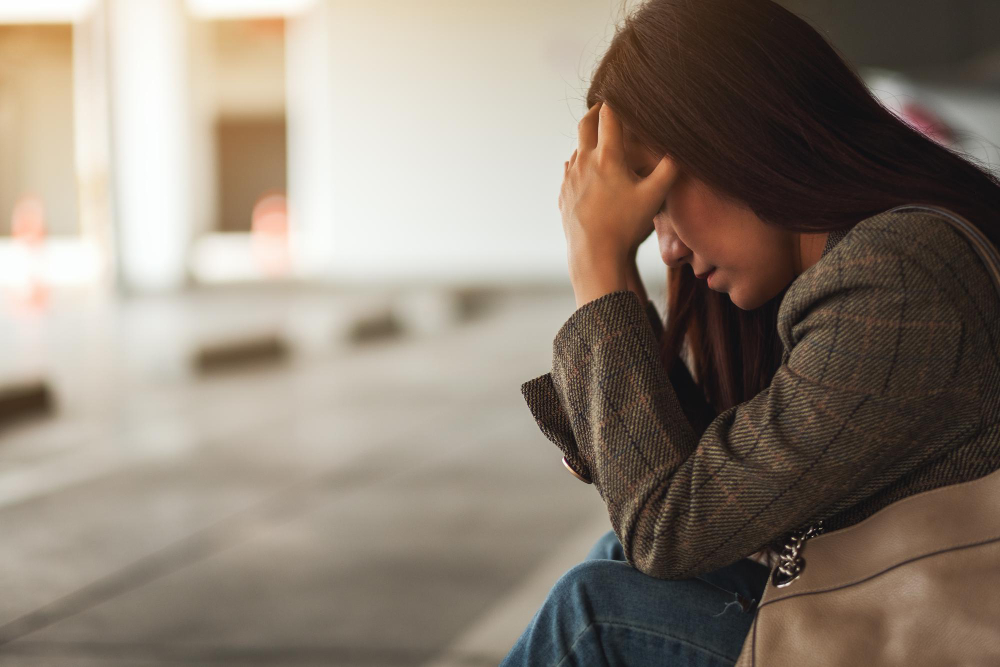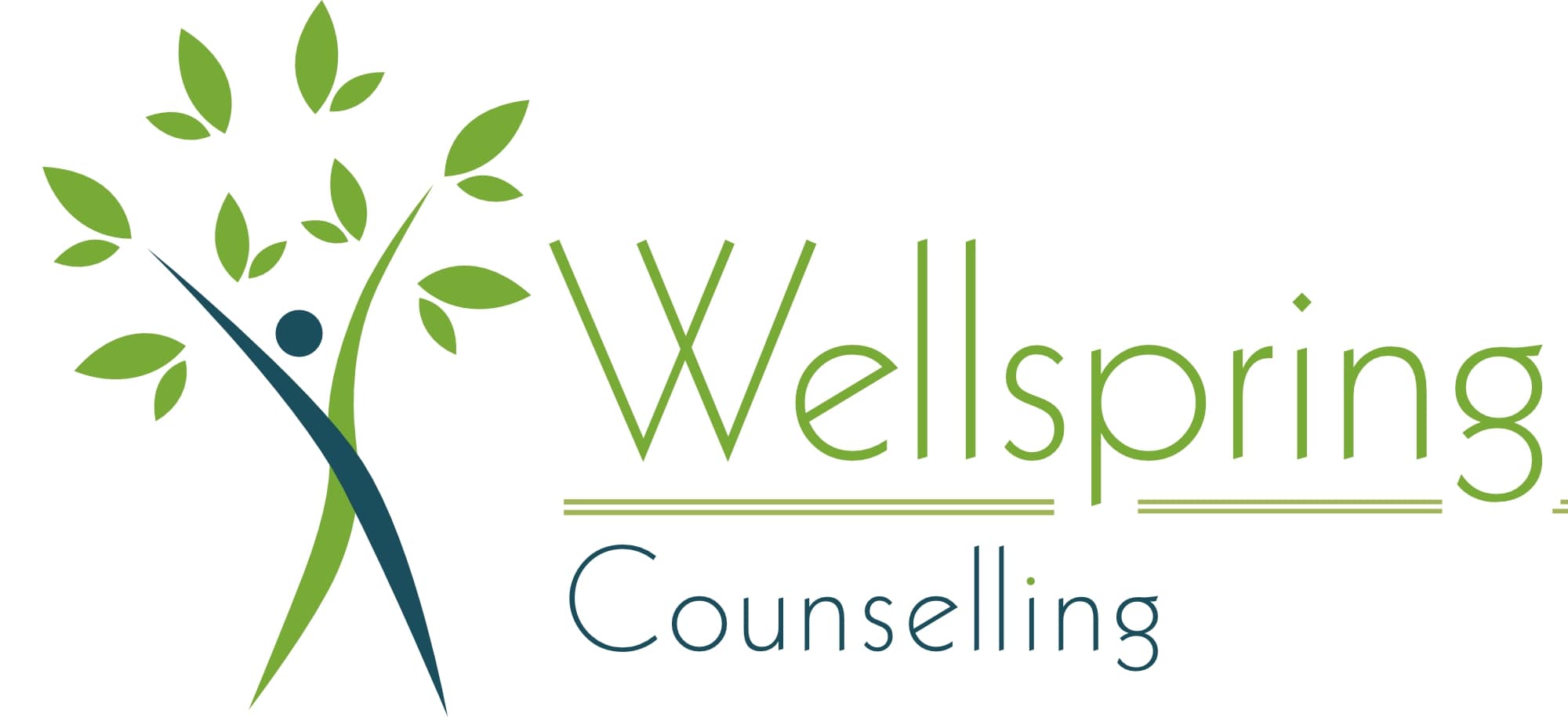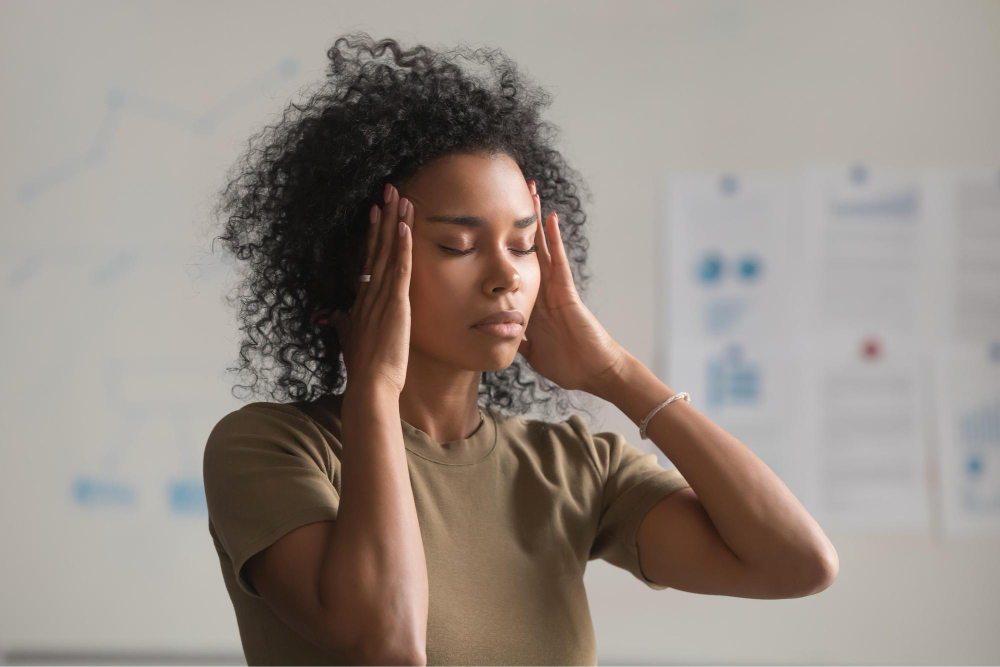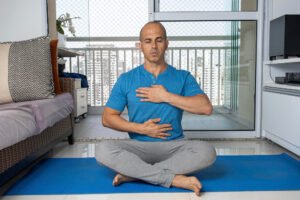How Can a Counsellor Help with Anxiety: Anxiety is a common mental health concern that affects millions of people worldwide. It can range from occasional worry to severe conditions that interfere with daily life.
Counseling is a powerful tool that can help individuals manage and overcome anxiety.
This blog will explore how counselors assist with anxiety, how anxiety therapy works, tips for managing stress, various counseling techniques, and whether anxiety can be cured without medication.
Table of Contents
Counselors are trained professionals who help people manage anxiety. They use different techniques to address the causes of stress and teach people how to cope effectively. Here are some ways a counselor can help:
- Identifying Triggers: Counselors help people determine what situations, thoughts, or behaviors make them anxious. Knowing these triggers is the first step in managing them. By understanding what causes stress, people can develop ways to avoid or deal with these triggers.
- Developing Coping Strategies: Counselors help people develop personalized strategies to cope with anxiety. This includes teaching relaxation techniques, mindfulness, and breathing exercises to reduce anxiety symptoms. They also teach problem-solving skills to help people handle stressful situations more effectively.
- Providing Emotional Support: Counselors provide a safe and non-judgmental space for people to discuss their feelings and concerns. This kind of support can be essential for people dealing with anxiety because it helps them feel understood and validated.
- Encouraging Lifestyle Changes: Counselors often recommend making lifestyle changes to help manage anxiety. This can include advice for regular exercise, eating healthily, getting enough sleep, and cutting down on caffeine and alcohol. These changes can significantly reduce anxiety symptoms.
- Setting Realistic Goals: Counselors help people set practical and achievable goals, which makes them feel more in control and reduces their feelings of overwhelm and anxiety. Breaking large tasks into smaller, manageable steps can make them feel less overwhelming.
- Building Resilience: Counselors help people develop resilience, which means recovering from challenging situations. This involves building a positive mindset, boosting self-confidence, and dealing with challenges.

How Does Anxiety Therapy Work?
Therapy for anxiety includes diverse ways to help each person with their specific needs.
The goal is to reduce anxiety symptoms, improve coping, and make life better. Here’s how anxiety therapy works:
Anxiety Counselling Techniques
Counselors employ a range of techniques to assist individuals in coping with anxiety, including Cognitive Behavioral Therapy (CBT), Eye Movement Desensitization and Reprocessing (EMDR), and Emotional Freedom Techniques (EFT).
Psychodynamic Therapy
Psychodynamic therapy aims to understand the psychological conflicts that contribute to anxiety. It involves:
- Exploration of Past Experiences: Understanding how previous experiences impact current behavior and thinking patterns.
- Insight Development: Understanding how unconscious processes affect anxiety.
- Emotional Expression: Encouraging people to express emotions they have kept inside.
Group Therapy
Group therapy creates a supportive space for people to share their experiences and learn from others in similar situations. It helps reduce feelings of being alone and fosters a sense of community.
Medication Management
In some cases, therapy may be combined with medication. Anti-anxiety drugs or antidepressants can help manage symptoms while individuals work on therapeutic goals.
A counselor can work with a psychiatrist or primary care physician to ensure coordinated care.
Tips for Managing Anxiety
Managing anxiety involves taking care of yourself, using coping strategies, and getting professional support. Here are some tips for managing anxiety effectively:
Practice Mindfulness
Pay attention to the present moment without judging. This can help reduce anxiety by shifting your focus away from worries about the past or future. It includes the following techniques:
- Mindful Breathing: Focus on your breathing. Notice each breath in and out.
- Body Scan: Start by focusing on the feelings in different body parts, beginning with your toes and moving to your head.
- Mindful Observation: Observe what you see, hear, and smell to engage your senses fully.
Stay Physically Active
Regular exercise can help reduce anxiety by releasing endorphins, improving mood, and promoting relaxation.
Try to do at least 30 minutes of moderate exercise most days of the week. Walking, jogging, yoga, and dancing can be particularly effective activities.
Maintain a Healthy Diet
Eating a variety of foods can affect how you feel. Include foods rich in:
- Omega-3 Fatty Acids: Omega-3 fatty acids in fish, flaxseeds, and walnuts can enhance brain health.
- Antioxidants: Eating fruits and vegetables high in antioxidants can help reduce inflammation and oxidative stress.
- Complex Carbohydrates: Eating whole grains can help keep your blood sugar levels steady, reducing mood swings.
Get Adequate Sleep
It is essential to stick to a regular sleep schedule to help manage anxiety. Here is how:
- Go to bed and wake up at the same time every day.
- Wind down with a relaxing bedtime routine, like reading or a warm bath.
- Avoid caffeine and using electronics before bedtime.
Practice Relaxation Techniques
It is essential to stick to a regular sleep schedule to help manage anxiety. Here is how:
- Go to bed and wake up at the same time every day.
- Wind down with a relaxing bedtime routine, like reading or a warm bath.
- Avoid caffeine and using electronics before bedtime.
Limit Caffeine and Alcohol
Consuming excessive amounts of caffeine and alcohol has been known to exacerbate symptoms of anxiety.
It is advisable to limit the intake of caffeinated beverages such as coffee, tea, and energy drinks and avoid excessive alcohol consumption.
Instead, consider opting for herbal teas or water as healthier alternatives.
Connect with Others
Remember that spending quality time with friends and family can help manage anxiety. Their presence and understanding can provide comfort and reassurance.
Joining a support group with others facing similar challenges can also be helpful. Seeking professional help from a counselor or therapist is another good option, as they can guide you and provide support tailored to your needs.
Talking openly and honestly about your feelings can bring relief and new perspectives, helping you through challenging times.
Practice Self-Compassion
Remember to be kind to yourself and recognize that it is okay to feel anxious. Show yourself compassion by:
- Speaking to yourself with kindness and understanding.
- Avoiding self-criticism and negative self-talk.
- Recognizing your efforts and progress.
Anxiety Counselling Techniques
Counselors help people deal with anxiety using different methods. Here are some standard techniques:
Cognitive Behavioral Therapy (CBT)
CBT focuses on finding and changing negative ways of thinking and behaving. Techniques include:
- Cognitive Restructuring: Challenging and reframing negative thoughts.
- Exposure Therapy: Gradual exposure to feared situations.
- Behavioral Activation: Encouraging engagement in positive activities.
Eye Movement Desensitization and Reprocessing (EMDR)
EMDR is a specialized therapy for trauma-related anxiety. It involves:
- Bilateral Stimulation: Using eye movements, taps, or sounds to process traumatic memories.
- Desensitization: Reducing the emotional impact of traumatic memories.
- Reprocessing: Developing new, adaptive beliefs about trauma.
Emotional Freedom Techniques (EFT)
EFT, often referred to as “tapping,” is an alternative therapy for anxiety that combines elements of cognitive therapy and acupressure. Techniques include:
- Tapping on Acupressure Points: Individuals tap on specific meridian points on the body while focusing on their anxiety and repeating affirmations.
- Identifying Core Issues: Exploring underlying emotional issues contributing to anxiety.
- Reframing Thoughts: Using positive affirmations to change negative thought patterns.
- Physical Relaxation: Tapping can help reduce physiological anxiety symptoms, promoting relaxation and emotional relief.
Is Anxiety Curable Without Medication?
Anxiety can be managed and significantly reduced without medication through various non-pharmacological approaches. Here are some ways to address anxiety without medication:
- Psychotherapy: Therapies like CBT, EMDR, and EFT can effectively treat anxiety. These therapies help individuals develop coping strategies, challenge negative thoughts, and build resilience.
- Lifestyle Changes: Making healthy lifestyle changes can significantly reduce anxiety. This includes:
- Regular Exercise: Physical activity reduces stress and improves mood.
- Healthy Diet: Nutrient-rich foods support brain health.
- Adequate Sleep: Good sleep hygiene reduces anxiety symptoms.
- Stress Management: Techniques like mindfulness and relaxation exercises promote relaxation.
- Mindfulness and Meditation: Remember that practicing mindfulness and meditation can help reduce anxiety by promoting relaxation and focusing on the present moment. Techniques include paying attention to your breathing, doing body scans, and following guided meditations.
- Support Networks: A robust support system can make you feel less alone and provide emotional help. This can include friends, family, support groups, or professional counseling.
- Self-Help Strategies: Remember, you can use self-help methods such as journaling, reading self-help books, and using anxiety management apps to support professional treatment by providing extra tools and techniques for handling anxiety.
- Natural Remedies: Some people find relief from anxiety using natural remedies like herbal supplements (such as chamomile and lavender), aromatherapy, and acupuncture. Talking to a healthcare provider is essential before trying any new supplement or therapy.
- Professional Guidance: Professional guidance from a counselor or therapist can help you manage anxiety more effectively. They provide personalized strategies and structured support to achieve lasting results.
Conclusion
Anxiety is a common and manageable condition with proper support and strategies. Counselors are crucial in helping people understand, manage, and overcome anxiety.
By using different therapy methods, making lifestyle changes, and using self-help techniques, people can reduce their anxiety and improve their overall quality of life.
Whether through professional counseling or self-care practices, there are many ways to manage anxiety without using medication.
Start Anxiety Therapy Today with Wellspring Counselling
Connect with licensed therapists for Anxiety Therapy via video, messaging, or phone to unlock healing and nurture your mental health.
Take the courageous step towards a brighter future by scheduling your online Anxiety Therapy session with Wellspring Counselling. Start your transformation today.




